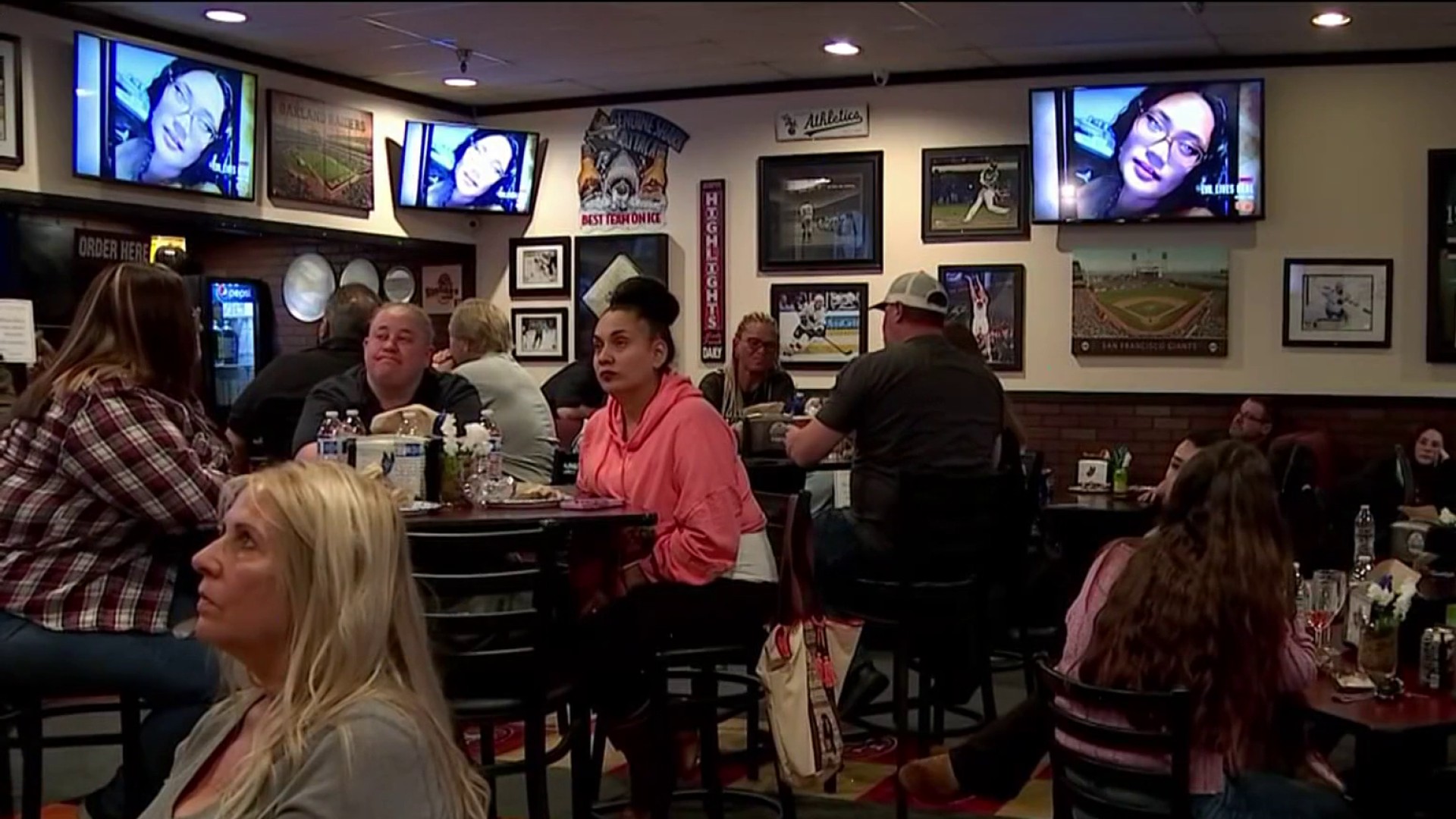Limited BART service will return Monday during peak hours between the Pittsburg/Bay Point and North Concord/Martinez stations, officials said.
One train, that will ply between the two stops, will be available every 15 minutes from 4 a.m. to 9 a.m. and 3 p.m. to 8 p.m., officials said.
BART officials wanted to see if the so-called test trains would encounter voltage surges like the ones that damaged cars last week.
The test run indicated that one train is likely all the system can handle right now as officials try to confirm what the exact problem is and by when it will be rectified.
"The root cause of the spike in voltage has not yet been discovered," BART spokeswoman Alicia Trost said Monday. "Testing over the weekend found very short spikes of high voltage."
The bus bridge that has been serving riders in the days since service went out in the six-mile stretch will not be available during the commute hours. It will, however, be riders' sole option at other times in the day, officials said Monday.
"I'm happy it's coming back this way in this direction which is Pittsburg because it's easier for me to get to work," BART rider Antoine Barker said.
Local
On Monday morning, riders were forced to hop on buses to take them from one station to the other, where BART service was working, but more sluggish because of shorter, more crowded trains. Although Trost did say that on Monday, BART began running 36 more cars than Friday bringing the total to 557.
The trouble first started last week, on Wednesday at 10 a.m. when cars were hit with a voltage spike as they traveled near Highway 4. The spike damaged a part of each train's propulsion equipment.
BART's Chief Mechanical Officer Dave Hardt said the cause may be an oversupply of electricity or the cars are having trouble returning the power their receiving.
Those problems could be caused by infrastructure that's needs to be replaced or too much power coming from PG&E, Hardt said.
According to Trost, "Crews have been systematically identifying all possibilities and then eliminating them one by one. While long and tedious, it will help crews get closer to the problem."
The power surge has taken about 130 trains out of service so far, and destroyed a small switch called a thyrister, which costs $1,000 to replace. BART has these parts on order, but it's unclear when they will arrive.
Trost said that the agency is "exploring alternate suppliers of the spare parts we need."
NBC Bay Area's Jodi Hernandez contributed to this report.



